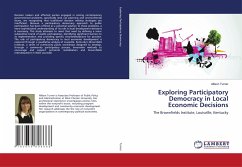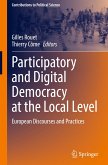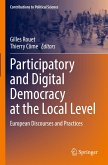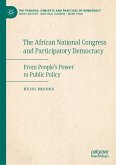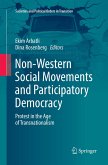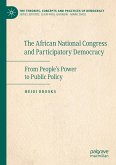Decision makers and affected parties engaged in solving contemporary governmental problems, specifically land use planning and environmental issues, are recognizing that traditional decision making strategies are insufficient. Because a participatory democracy approach to public participation has been offered as a potential solution to these problems, a more sophisticated understanding of its role in local development decisions is necessary. This study attempts to meet that need by defining a more substantive brand of public participation, identifying significant barriers to its implementation and providing specific recommendations for practice. The role of participatory democracy in local economic development is explored through a qualitative analysis of Louisville, Kentucky's Brownfield Institute, a series of community public workshops designed to develop, through a community participatory process, innovative methods to encourage and support economic revitalization and brownfields redevelopment in West Louisville.
Bitte wählen Sie Ihr Anliegen aus.
Rechnungen
Retourenschein anfordern
Bestellstatus
Storno

